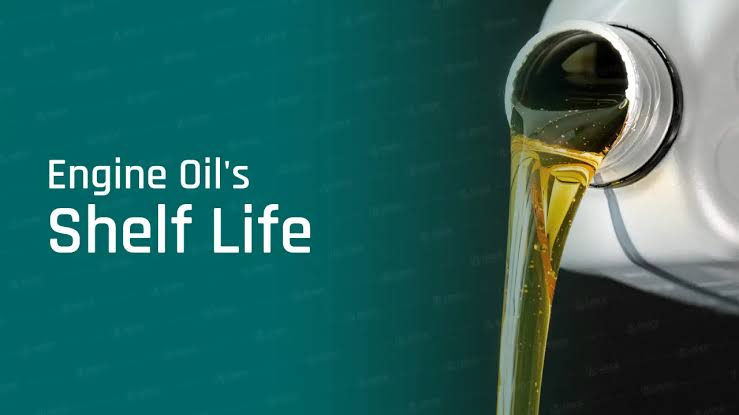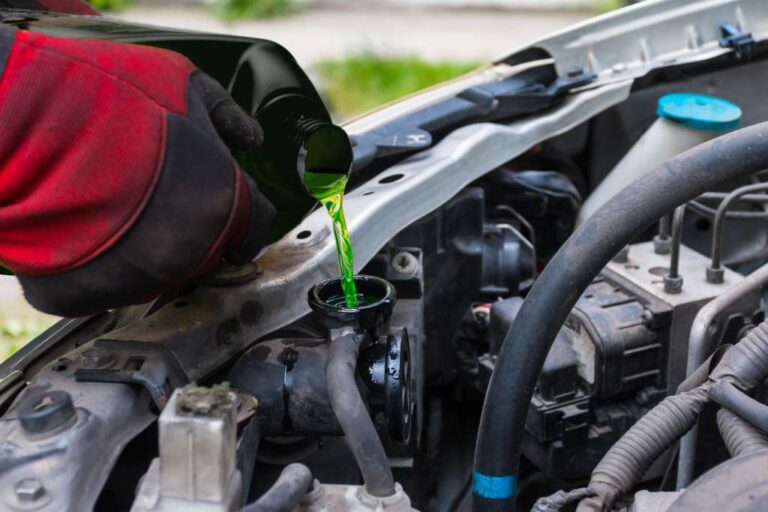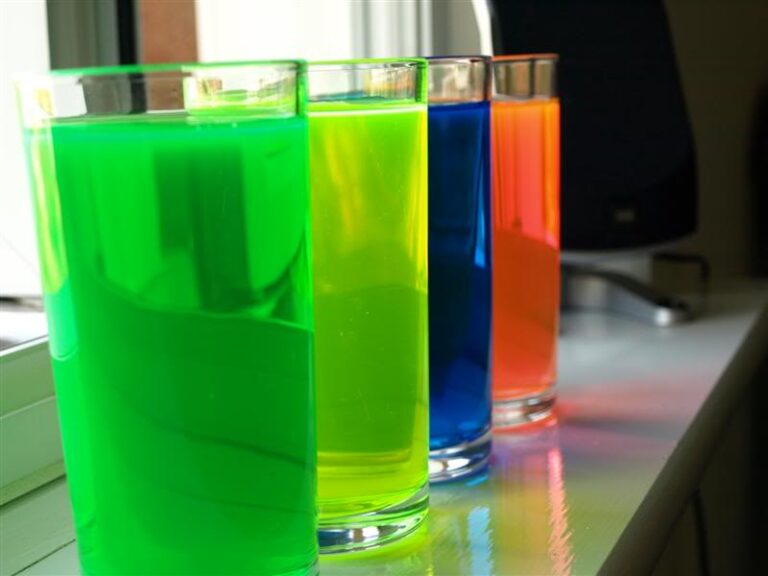Does Synthetic Oil Have a Shelf Life?

Synthetic oil is a popular choice for vehicle owners due to its superior performance, longevity, and ability to withstand extreme temperatures. However, many wonder whether synthetic oil has a shelf life and if it can go bad over time. Understanding the shelf life of synthetic oil is essential for proper storage and ensuring optimal engine performance. This article will delve into the factors that affect the shelf life of synthetic oil, signs of degradation, and tips for proper storage.
What Is Synthetic Oil?
Synthetic oil is a lubricant made from chemically modified base oils, unlike conventional oil, which is derived from crude oil. It is engineered to provide better lubrication, higher thermal stability, and reduced engine wear. Synthetic oil is commonly used in modern engines due to its superior properties and ability to meet stringent performance standards.
Does Synthetic Oil Have a Shelf Life?
Yes, synthetic oil does have a shelf life. While it doesn’t spoil like perishable food, it can degrade over time, especially if stored improperly. Most synthetic oil manufacturers suggest a shelf life of 5 to 7 years under optimal conditions. However, factors such as exposure to heat, light, and contamination can shorten its effective lifespan.
Factors That Affect the Shelf Life of Synthetic Oil
1. Storage Conditions
- Temperature: Extreme heat or cold can cause chemical changes in the oil, reducing its effectiveness.
- Light Exposure: Direct sunlight can degrade synthetic oil by breaking down its chemical composition.
- Humidity: Moisture can contaminate the oil, leading to reduced performance.
2. Packaging
- Sealed Containers: Unopened synthetic oil stored in its original, airtight container lasts longer than oil in a partially used or improperly sealed container.
- Material of the Container: Metal or high-quality plastic containers provide better protection against contamination and environmental factors.
3. Additives Breakdown
Synthetic oils contain additives such as detergents, anti-wear agents, and corrosion inhibitors. Over time, these additives can degrade, affecting the oil’s performance.
Signs That Synthetic Oil Has Expired
It’s essential to check for signs of degradation before using stored synthetic oil:
- Cloudiness or Separation: The oil appears cloudy or separates into layers, indicating contamination or breakdown.
- Unusual Odor: A rancid or chemical odor can suggest that the oil has degraded.
- Change in Color: Darkened oil may signal oxidation or contamination.
- Expired Label Date: Always check the manufacturer’s recommended use-by date.
How to Store Synthetic Oil Properly
Proper storage is crucial for extending the shelf life of synthetic oil. Follow these tips:
1. Keep in a Cool, Dry Place
Store synthetic oil in a location with a stable temperature, ideally between 40°F and 85°F (4°C to 29°C).
2. Avoid Direct Sunlight
Store oil in a shaded area or a dark container to prevent UV light degradation.
3. Seal the Container Tightly
Ensure the lid is tightly sealed to prevent air and moisture from entering the container.
4. Store Upright
Keeping the container upright minimizes the risk of leaks and contamination.
Can You Use Expired Synthetic Oil?
Using synthetic oil that has exceeded its shelf life is not recommended. Expired oil may:
- Lose its lubricating properties, increasing engine wear.
- Contain degraded additives, reducing its effectiveness.
- Lead to sludge buildup in the engine.
If in doubt, consult the manufacturer’s guidelines or replace the oil to avoid potential damage to your engine.
FAQs
1. How long can synthetic oil be stored?
Synthetic oil can typically be stored for 5 to 7 years if kept in optimal conditions and in its original, sealed container.
2. Does synthetic oil expire if unopened?
Unopened synthetic oil has a longer shelf life, but it can still degrade over time, especially if exposed to extreme temperatures or light.
3. Can old synthetic oil damage my engine?
Yes, degraded or contaminated oil can harm your engine by reducing lubrication and increasing wear and tear.
4. What is the difference between synthetic and conventional oil shelf life?
Synthetic oil generally has a longer shelf life due to its stable chemical composition and resistance to degradation.
5. Should I shake synthetic oil before using it?
It’s unnecessary to shake synthetic oil. However, ensure it has been stored properly and shows no signs of separation or degradation before use.
Conclusion
Synthetic oil does have a shelf life, typically ranging from 5 to 7 years when stored correctly. Factors like temperature, light exposure, and contamination can impact its longevity. To ensure optimal engine performance, always store synthetic oil in a cool, dry place and check for signs of degradation before use. If in doubt about the oil’s condition, consult the manufacturer’s recommendations or opt for a fresh batch. Taking these precautions can help you maximize the performance and lifespan of your engine.
Also Check:
• Does Motor Oil Go Bad Over Time?






3 Comments